The following excerpt is reprinted from the cdc.gov webpage “Implementing Filtering Facepiece Respirator (FFR) Reuse, Including Reuse after Decontamination, When There Are Known Shortages of N95 Respirators.”
One strategy to reduce the risk of contact transfer of pathogens from the FFR to the wearer during FFR reuse is to issue five N95 FFRs to each healthcare staff member who care for patients with suspected or confirmed COVID-19. The healthcare staff member can wear one N95 FFR each day and store it in a breathable paper bag at the end of each shift with a minimum of five days between each N95 FFR use, rotating the use each day between N95 FFRs. This will provide some time for pathogens on it to “die off” during storage. This strategy requires a minimum of five N95 FFRs per staff member, provided that healthcare personnel don, doff, and store them properly each day.
As a caution, healthcare personnel should treat reused FFRs as though they are contaminated, while preventing FFR contamination prior to donning by following the precautions outlined in the reuse recommendations found here. Hand hygiene with soap and water or an alcohol-based hand sanitizer with at least 60% alcohol should be performed before donning and after touching or adjusting the FFR while in use (if necessary for comfort or to maintain fit) or after doffing. More information about ways to minimize the risks of FFR reuse can be found here.
CDC recommends limiting the number of donnings for an N95 FFR to no more than five per device. It may be possible to don some models of FFRs more than five times. Fit performance during limited reuse should be monitored by the respiratory protection program manager or appropriate safety personnel. Information about how to assess N95 FFR fit during limited reuse can be found here.
If supplies are even more constrained, and five respirators are not available for each worker who needs them, N95 FFR limited reuse with FFR decontamination may be necessary.
To read the full report on cdc.gov, click here.
Search the Health Sciences Website
Health Sciences Updates
ACC and AFD Celebrate Five Years of Red Angels Partnership
A new plaque proudly hangs on the walls of ACC’s Health Sciences building at Eastview Campus — celebrating five years of making a difference in the community.
Read moreTEAS Testing Requirements for Health Sciences Applicants
A TEAS Exam score is required to apply to the following programs: Dental Hygiene, Occupational Therapy Assistant, Radiology, and Vocational Nursing.
If you are not applying to one of the programs above, then you are not required to take the TEAS Exam at this time. Please refer to the Application Process page for your program to see all application requirements.
Read moreAttention! All students that have not been accepted into an ACC Health Sciences program…
All students who have not been accepted into an ACC Health Sciences program should declare General Studies in Pre-Health Sciences (Associate of Science) for their major. Once accepted into a program, the student's major will be updated.
Read more
